Wallis (Barnes Neville, 1887-1979). Carbon copy of an important typed letter, 21 July 1940, to Alex Dunbar [managing director of Vickers-Armstrongs] at Castle Bromwich Aeroplane Factory, Birmingham, marked 'Secret & Confidential' at head, beginning, 'You will be interested to hear the rather extraordinary outcome of the arrangement which you made for [Mutt] Summers and myself to see Sir Charles [Craven] with a view to a subsequent interview with Lord Beaverbrook [the newly appointed Minister of Aircraft Production]', then referring to their meeting with Sir Charles in which they discussed 'the problem of landing German Aircraft in this country and he very kindly promised to try to interest Lord Beaverbrook in the matter, although he thought it doubtful whether he would undertake anything so far outside his recognised activities. On the whole I came away rather depressed and feeling as though we should not get much further, so you can imagine the pleasure with which, late on Thursday morning, I received an urgent summons to see Lord Beaverbrook himself', continuing that he assumed the discussion would be about the landing question before then writing a long discursive note about how he has spent his recent 'very limited spare time in thinking over the problem of what form our attack on Germany should take when the time comes to put it in hand, and for one reason and another had arrived at the conclusion that the present size of bomb which is being used by both sides is too small to do any real material damage, and that our weapon of attack must consist of a bomb of hitherto unheard of dimensions. For this purpose, thinking merely in round numbers, I decided that a 10-ton bomb was the least that should be used and I proceeded to consider the characteristics of the aeroplane necessary to carry this tremendous unit', then going into some technical details concerning volume/surface ratios, terminal velocity and kinetic energy and the potential for massive damage and the potential design of aircraft to carry such a bomb, then giving an account of his meeting with Beaverbrook which turned out to be about aeroplanes, later referring to a subsequent meeting in which Wallis pointed out to Beaverbrook that the Wellington V 'was probably far in advance of anything the Americans had yet done ... Lord Beaverbrook denied all knowledge of the Wellington V... it now seems probable to me that nobody had directed his attention to its prime significance for he immediately said that he would make this a matter of absolutely first national priority; and further that he would appoint one of his personal assistants to act as progress man on the job', and then noting that he and Pierson 'gave Lord Beaverbrook an outline of the proposed big machine ['Victory' bomber to carry a 10-ton bomb]... he asked us to start immediately on this project and to come and see him when our proposals were in more definite form and stated that this work should receive priority in our design departments', then asking if Dunbar might intervene on his behalf and apologise to Sir Charles Craven for not having told him of these discussions, which was accidental and not deliberate, and hoping that they might meet when he is next at Weybridge to discuss these plans before concluding, 'One point which does occur to me is that the immunity of such machines operating at their leisure and in daylight renders large numbers of them unnecessary as irreparable damage could be inflicted on the strategic communications of the German Empire by a relatively small number such as ten or twenty machines within the course of a few weeks', 6 pages on rectos of 6 sheets of foolscap folio carbon paper, a little creasing, punch holes to blank areas of left edge, a little fraying with small paper loss where previously stapled at top left corner and a little frayed at lower right corners, not affecting text (Qty: 1) Provenance: From the family of Barnes Wallis, by direct descent. While the 'ten-ton
Wallis (Barnes Neville, 1887-1979). Carbon copy of an important typed letter, 21 July 1940, to Alex Dunbar [managing director of Vickers-Armstrongs] at Castle Bromwich Aeroplane Factory, Birmingham, marked 'Secret & Confidential' at head, beginning, 'You will be interested to hear the rather extraordinary outcome of the arrangement which you made for [Mutt] Summers and myself to see Sir Charles [Craven] with a view to a subsequent interview with Lord Beaverbrook [the newly appointed Minister of Aircraft Production]', then referring to their meeting with Sir Charles in which they discussed 'the problem of landing German Aircraft in this country and he very kindly promised to try to interest Lord Beaverbrook in the matter, although he thought it doubtful whether he would undertake anything so far outside his recognised activities. On the whole I came away rather depressed and feeling as though we should not get much further, so you can imagine the pleasure with which, late on Thursday morning, I received an urgent summons to see Lord Beaverbrook himself', continuing that he assumed the discussion would be about the landing question before then writing a long discursive note about how he has spent his recent 'very limited spare time in thinking over the problem of what form our attack on Germany should take when the time comes to put it in hand, and for one reason and another had arrived at the conclusion that the present size of bomb which is being used by both sides is too small to do any real material damage, and that our weapon of attack must consist of a bomb of hitherto unheard of dimensions. For this purpose, thinking merely in round numbers, I decided that a 10-ton bomb was the least that should be used and I proceeded to consider the characteristics of the aeroplane necessary to carry this tremendous unit', then going into some technical details concerning volume/surface ratios, terminal velocity and kinetic energy and the potential for massive damage and the potential design of aircraft to carry such a bomb, then giving an account of his meeting with Beaverbrook which turned out to be about aeroplanes, later referring to a subsequent meeting in which Wallis pointed out to Beaverbrook that the Wellington V 'was probably far in advance of anything the Americans had yet done ... Lord Beaverbrook denied all knowledge of the Wellington V... it now seems probable to me that nobody had directed his attention to its prime significance for he immediately said that he would make this a matter of absolutely first national priority; and further that he would appoint one of his personal assistants to act as progress man on the job', and then noting that he and Pierson 'gave Lord Beaverbrook an outline of the proposed big machine ['Victory' bomber to carry a 10-ton bomb]... he asked us to start immediately on this project and to come and see him when our proposals were in more definite form and stated that this work should receive priority in our design departments', then asking if Dunbar might intervene on his behalf and apologise to Sir Charles Craven for not having told him of these discussions, which was accidental and not deliberate, and hoping that they might meet when he is next at Weybridge to discuss these plans before concluding, 'One point which does occur to me is that the immunity of such machines operating at their leisure and in daylight renders large numbers of them unnecessary as irreparable damage could be inflicted on the strategic communications of the German Empire by a relatively small number such as ten or twenty machines within the course of a few weeks', 6 pages on rectos of 6 sheets of foolscap folio carbon paper, a little creasing, punch holes to blank areas of left edge, a little fraying with small paper loss where previously stapled at top left corner and a little frayed at lower right corners, not affecting text (Qty: 1) Provenance: From the family of Barnes Wallis, by direct descent. While the 'ten-ton
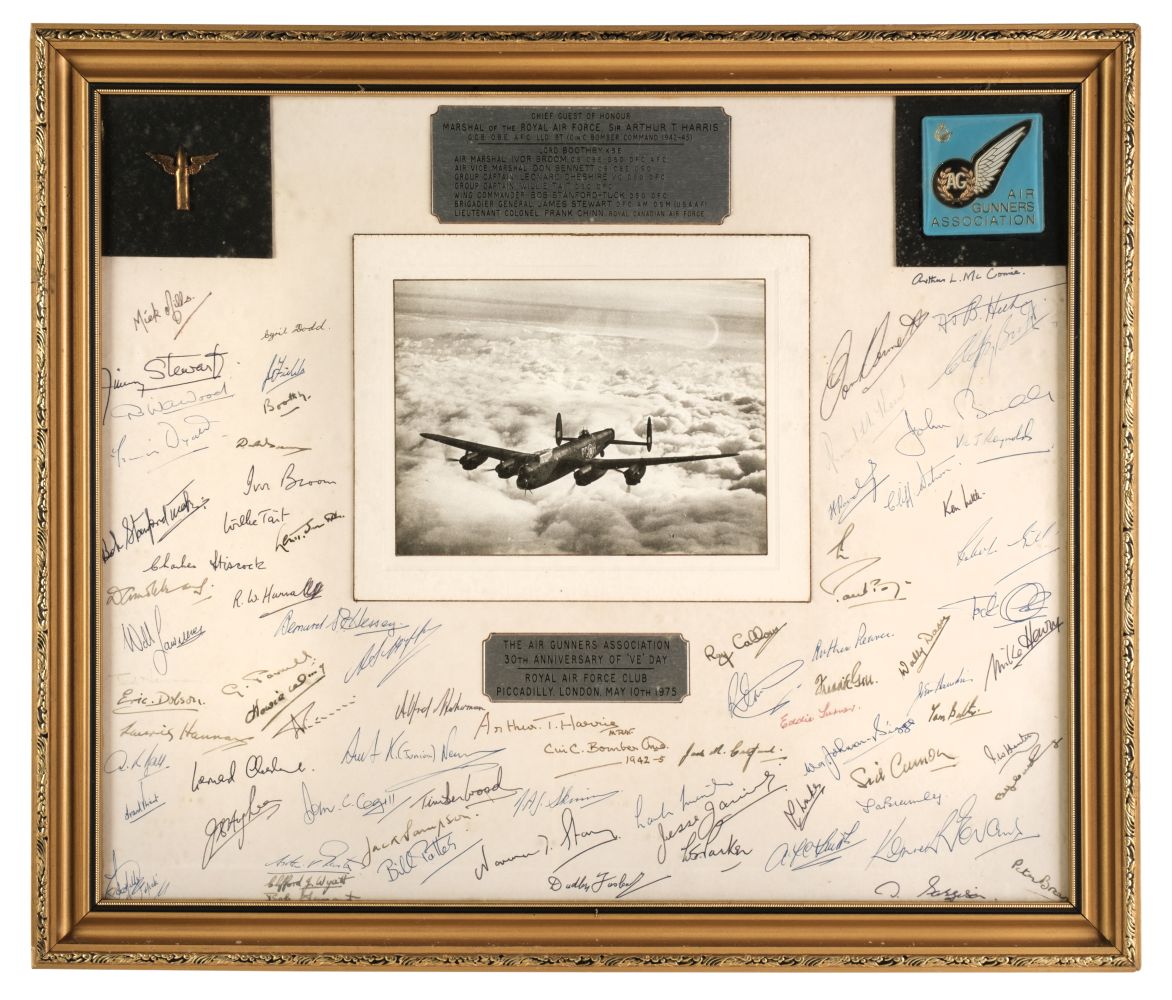
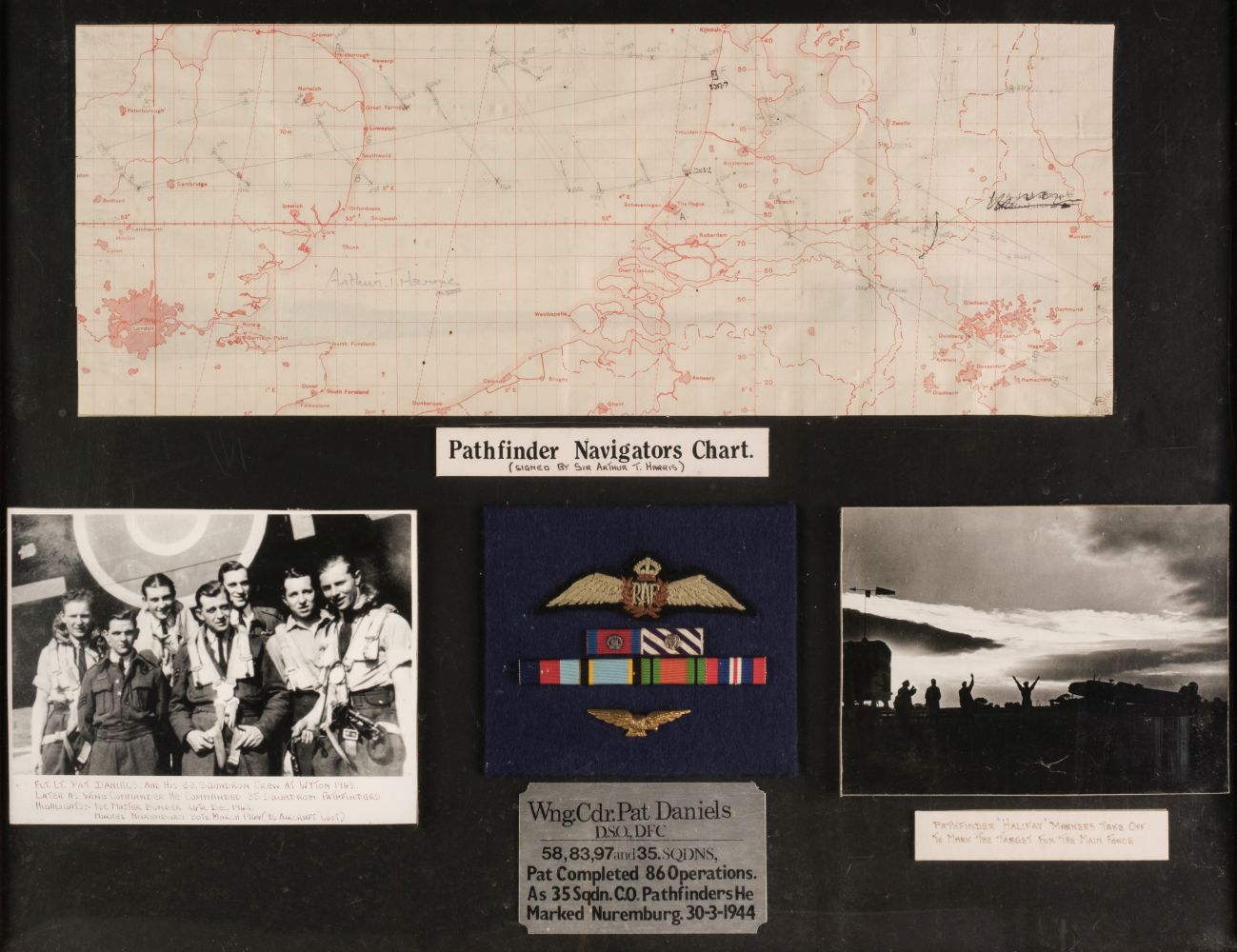

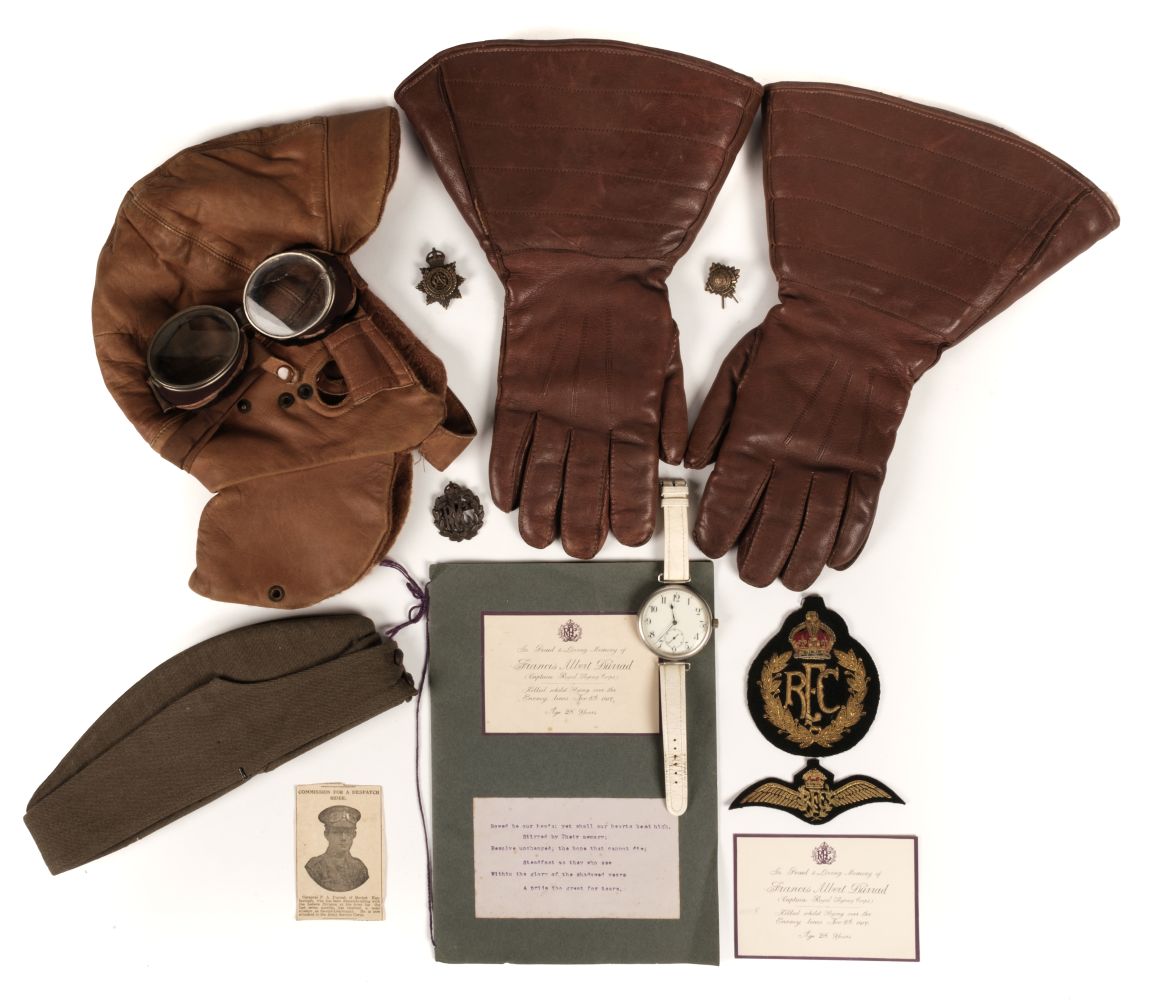

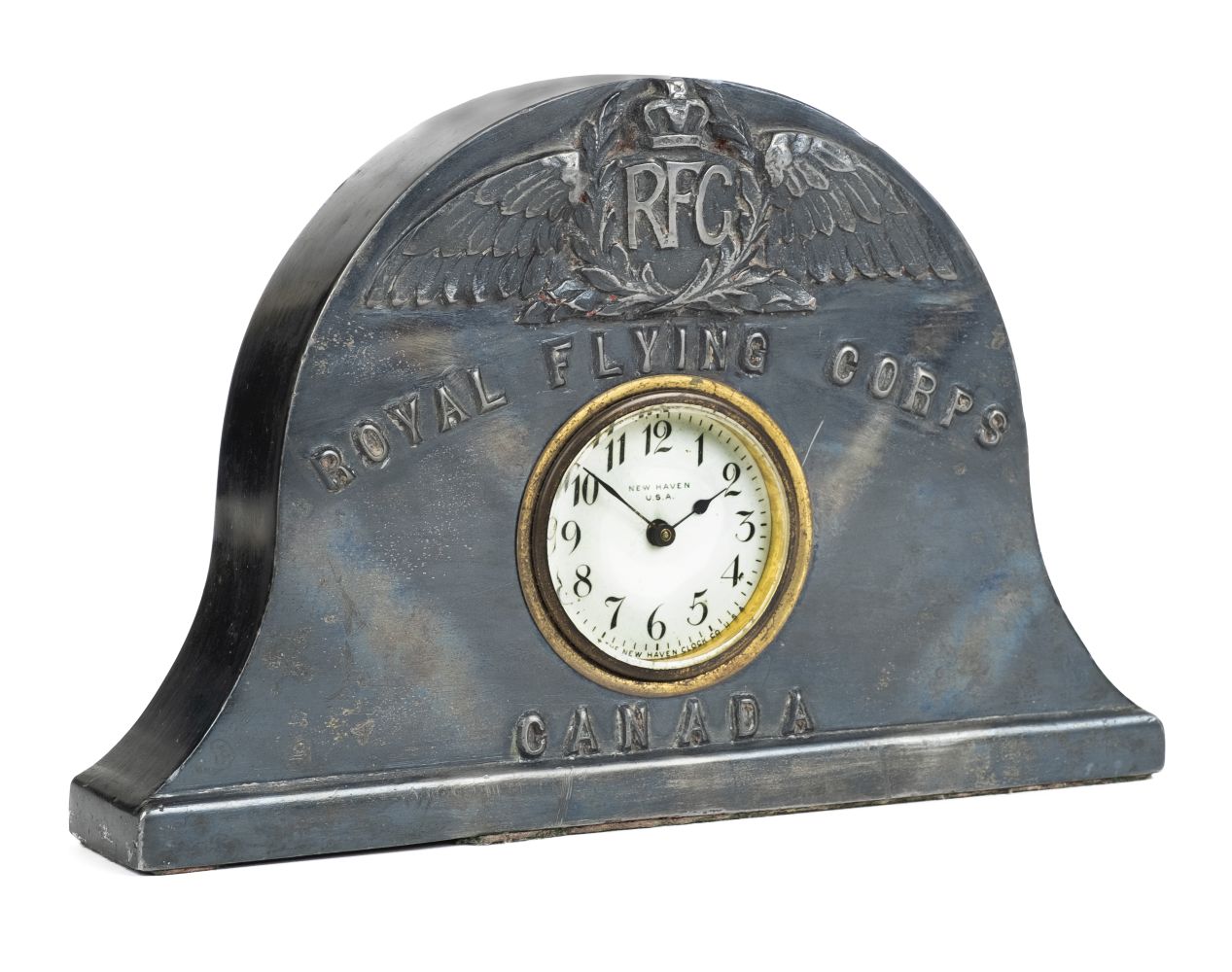
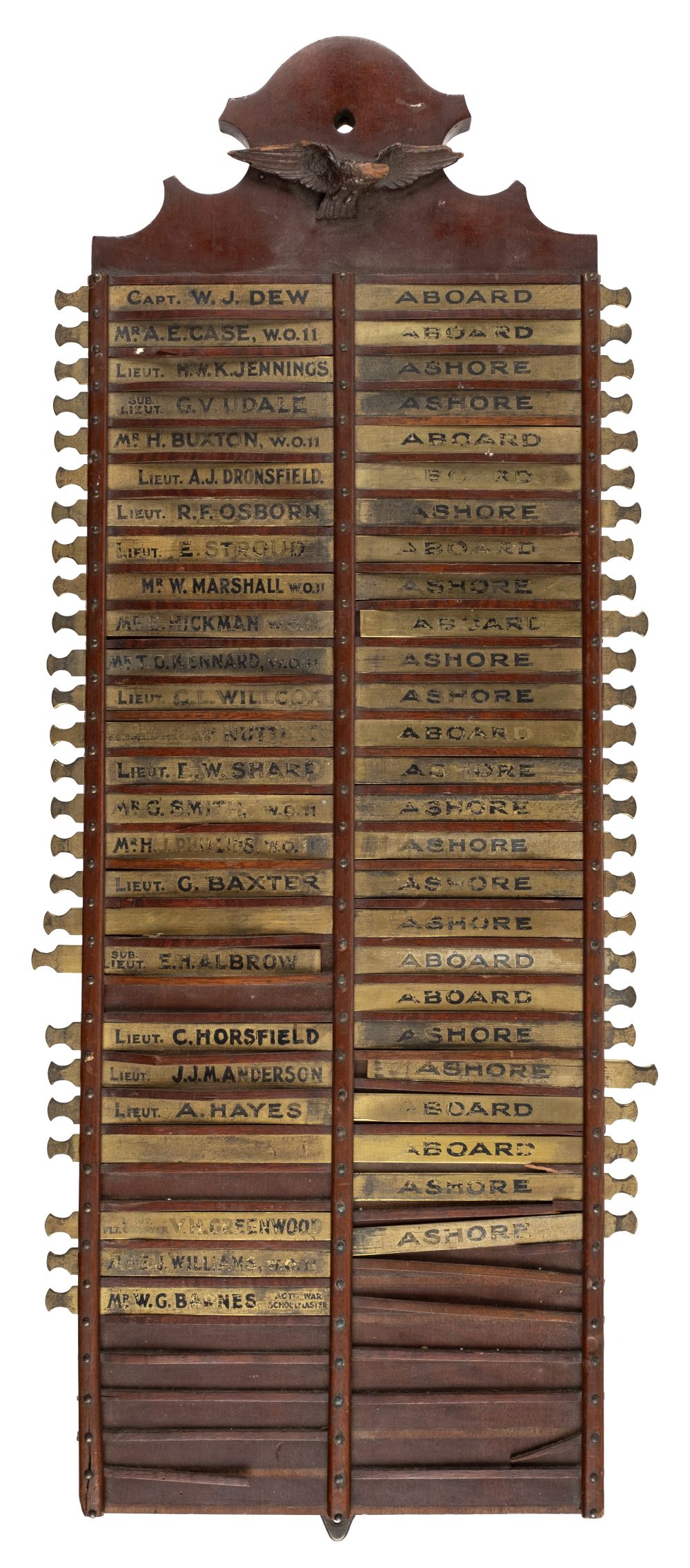
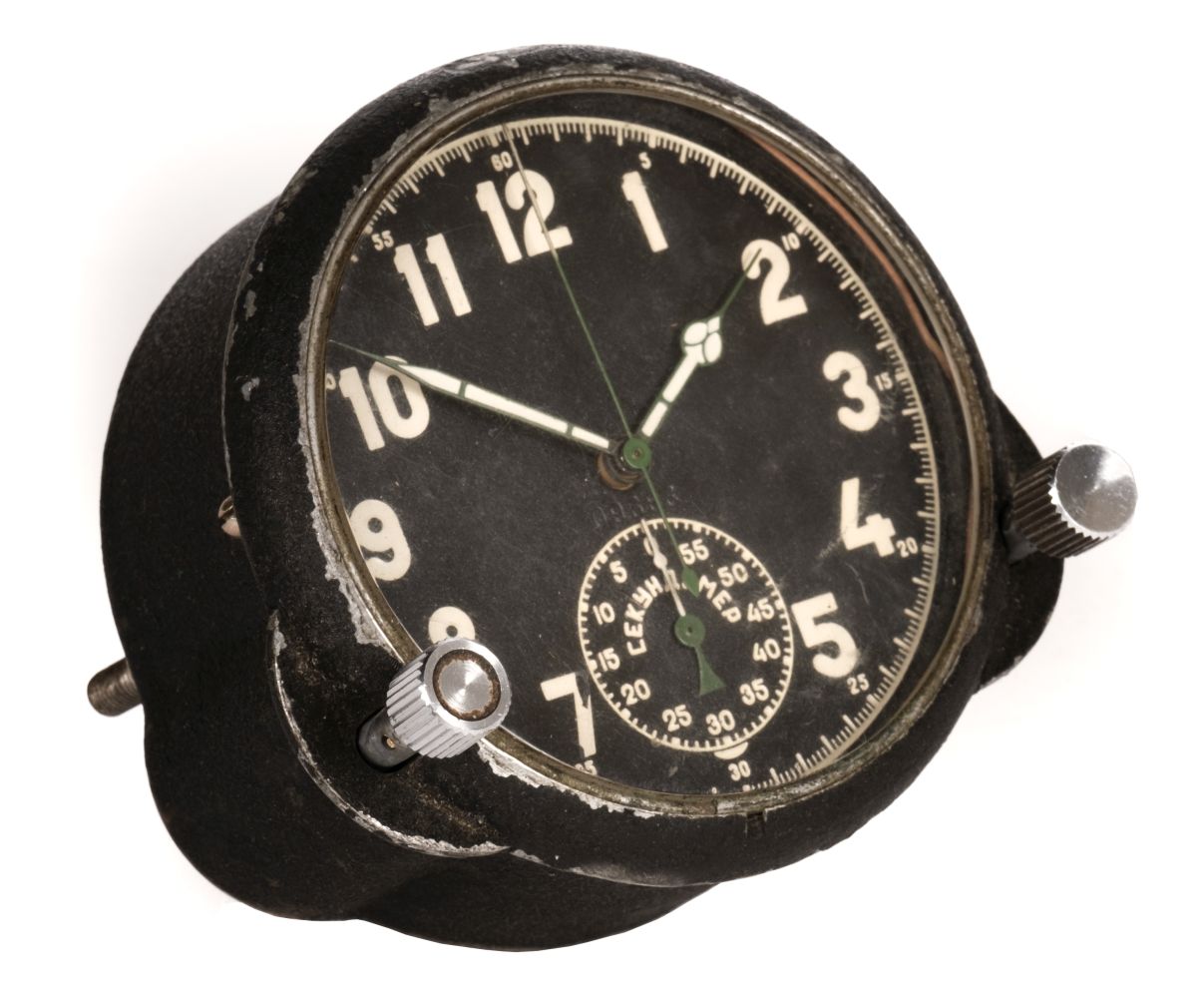
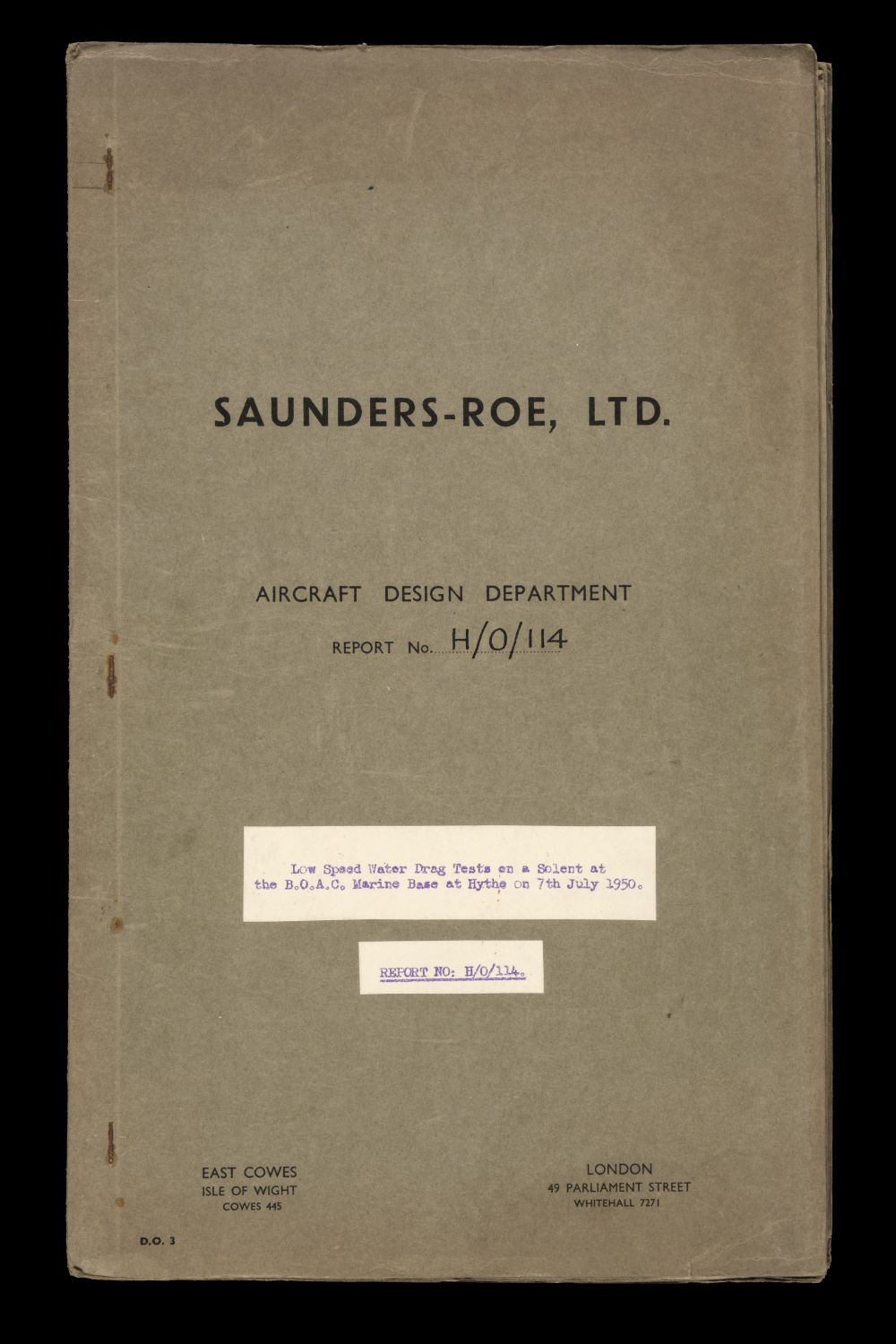
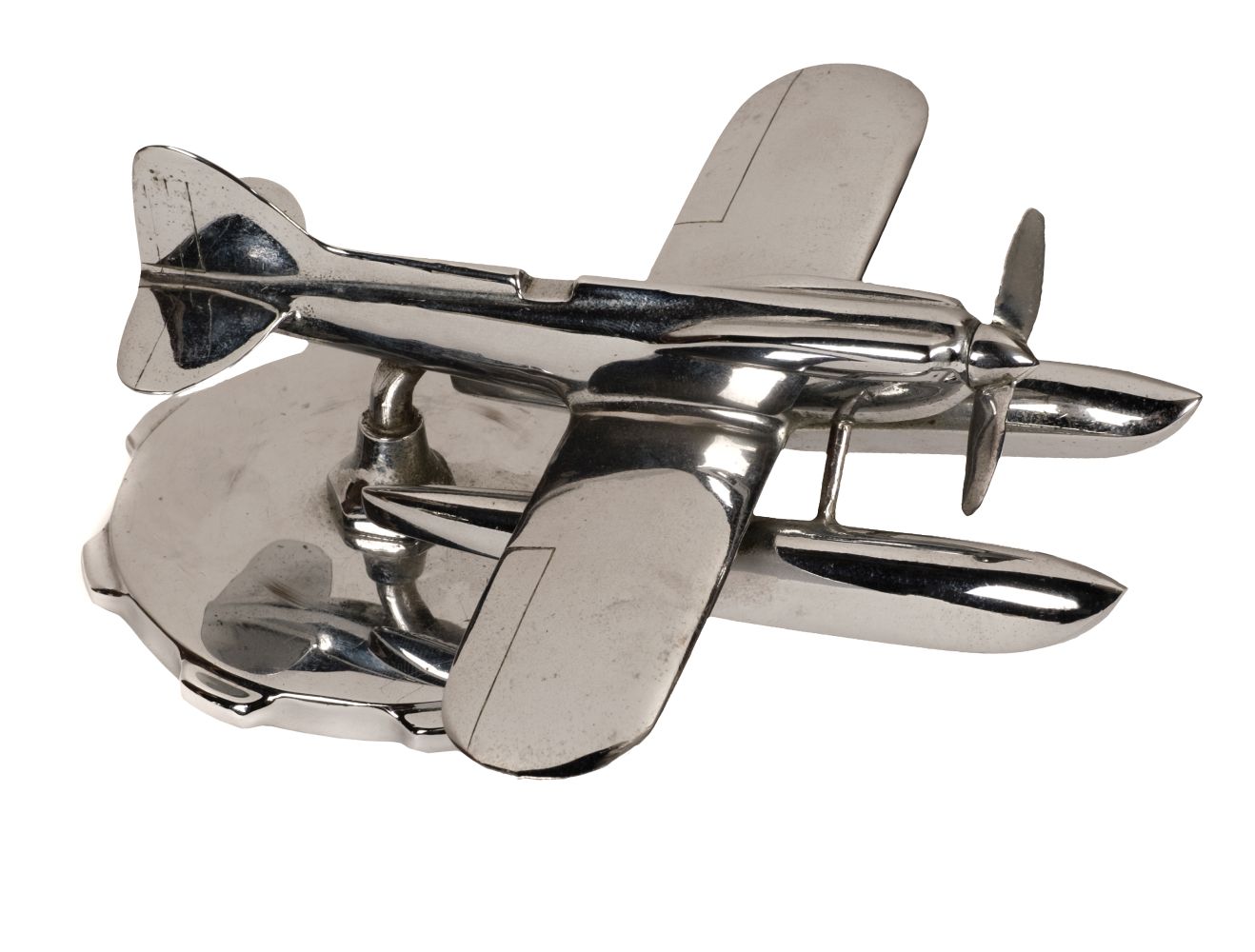
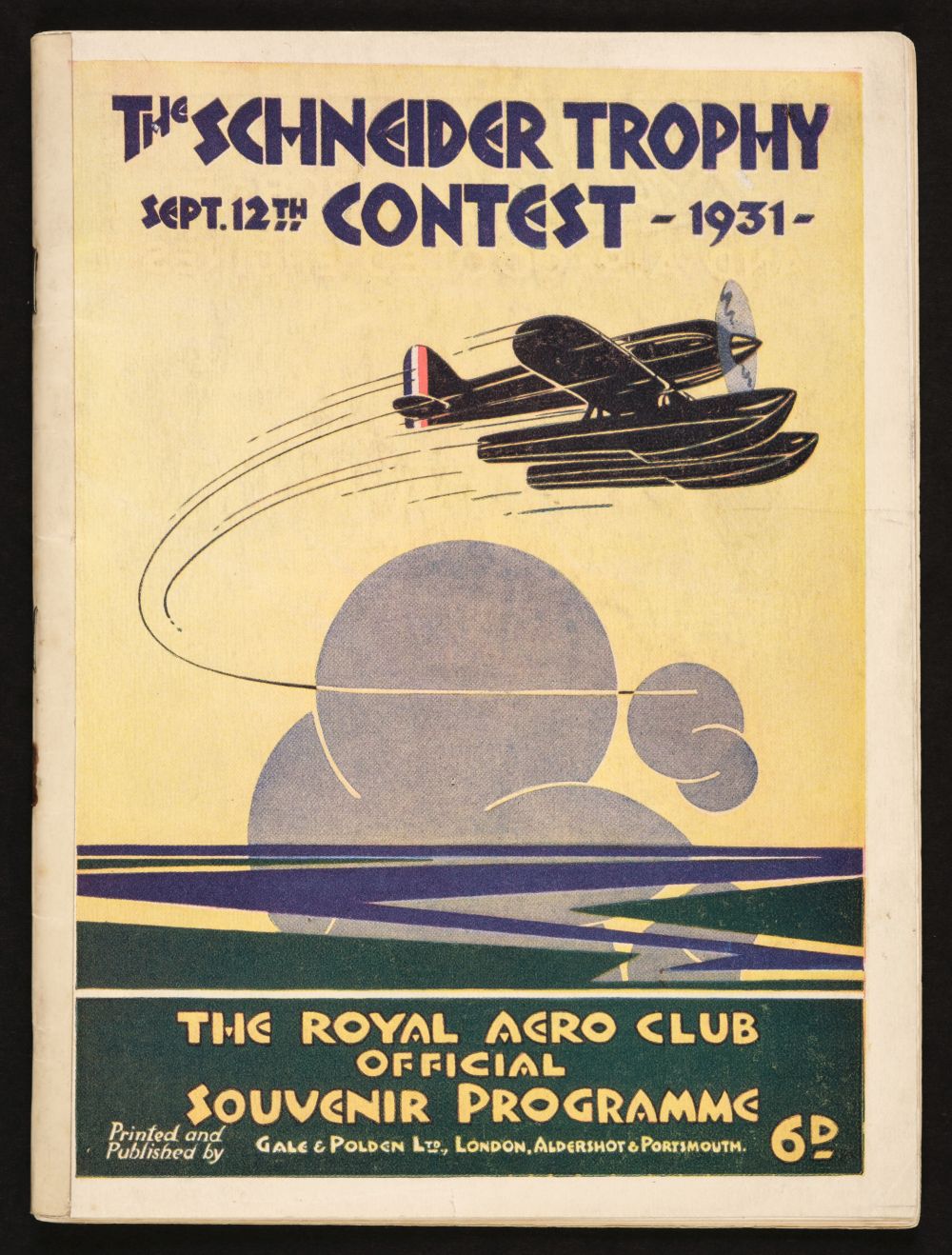
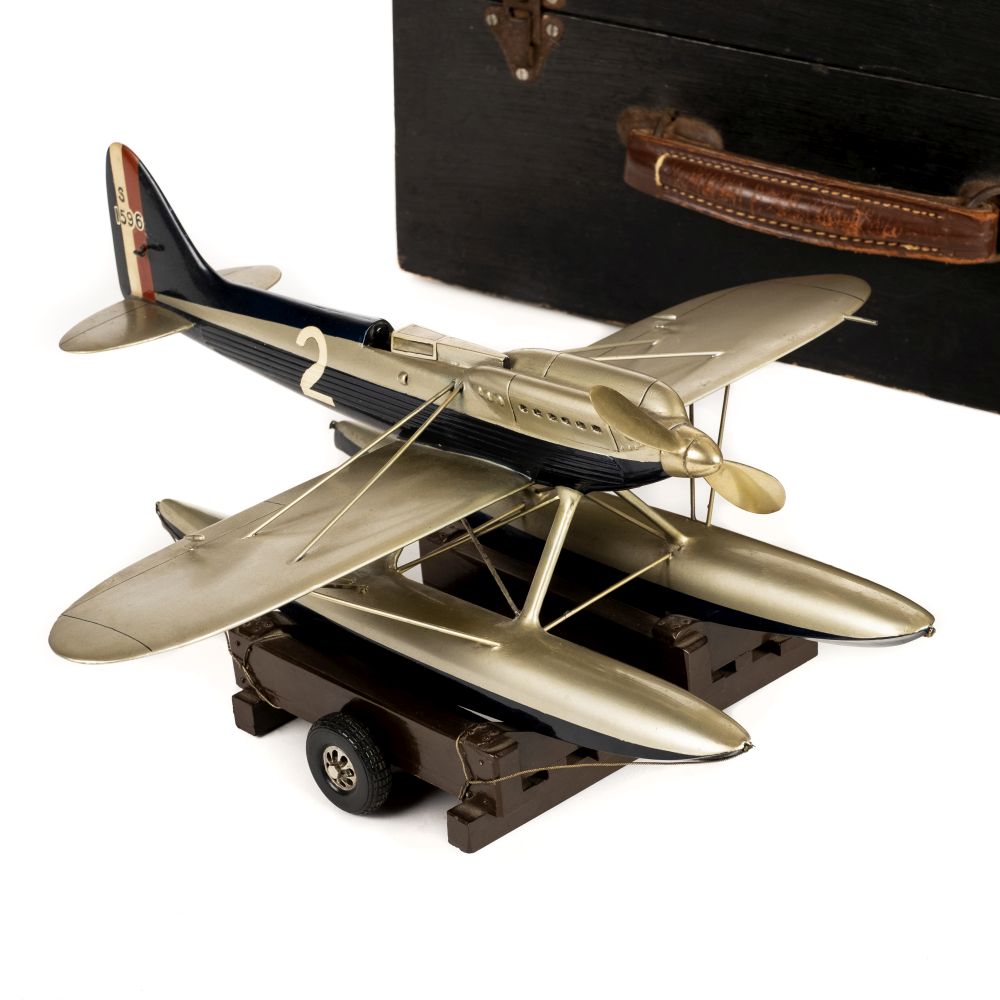
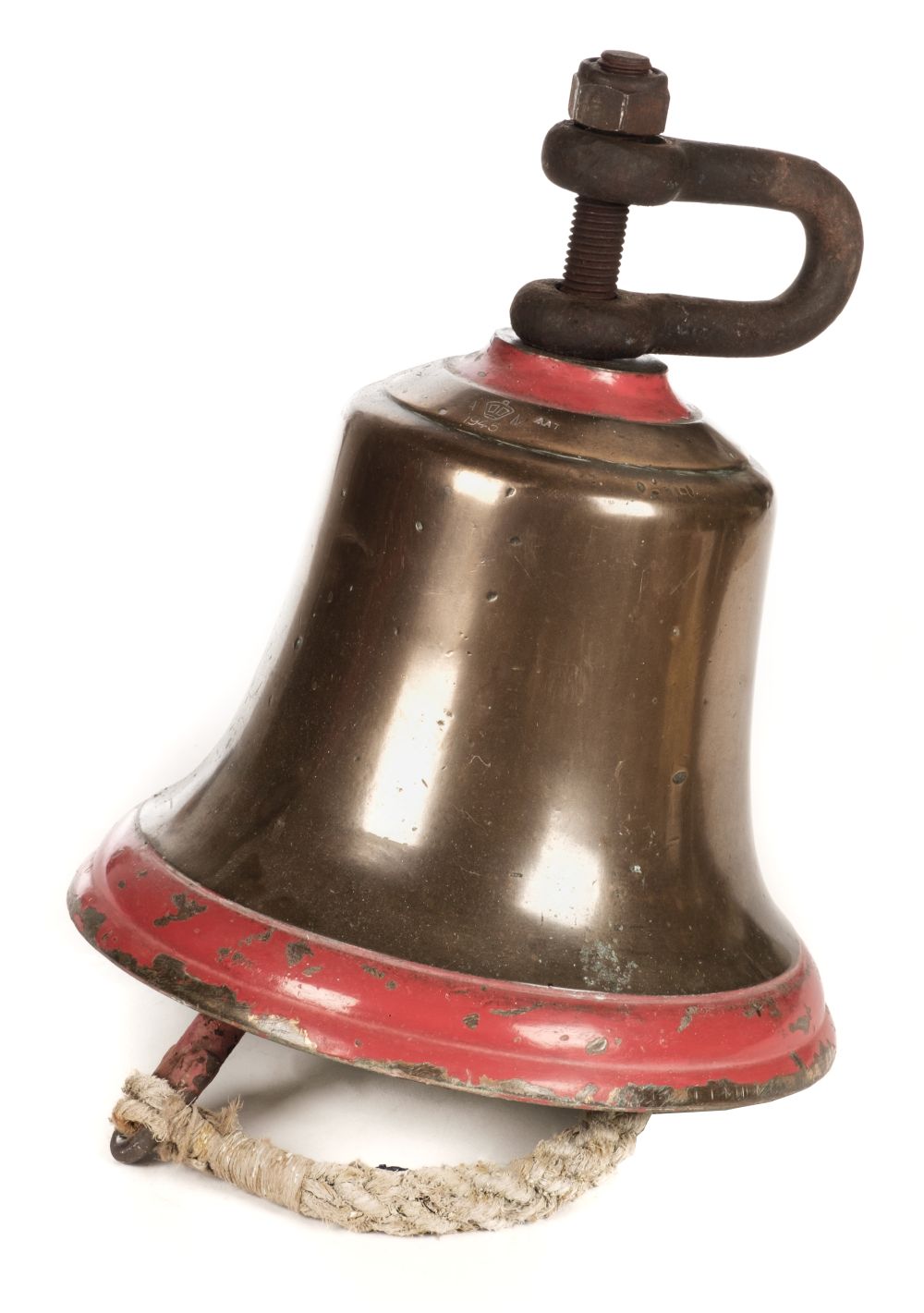
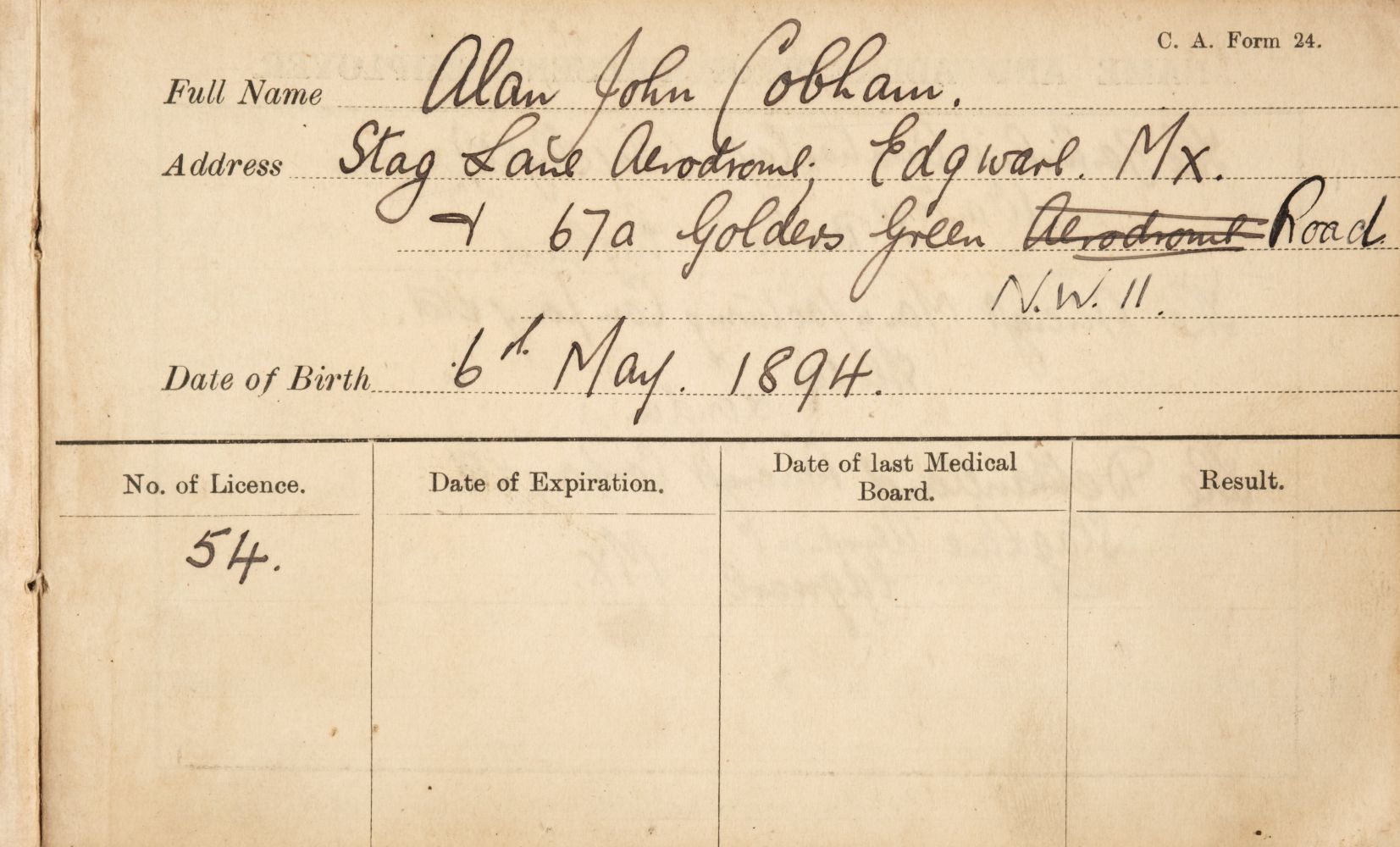
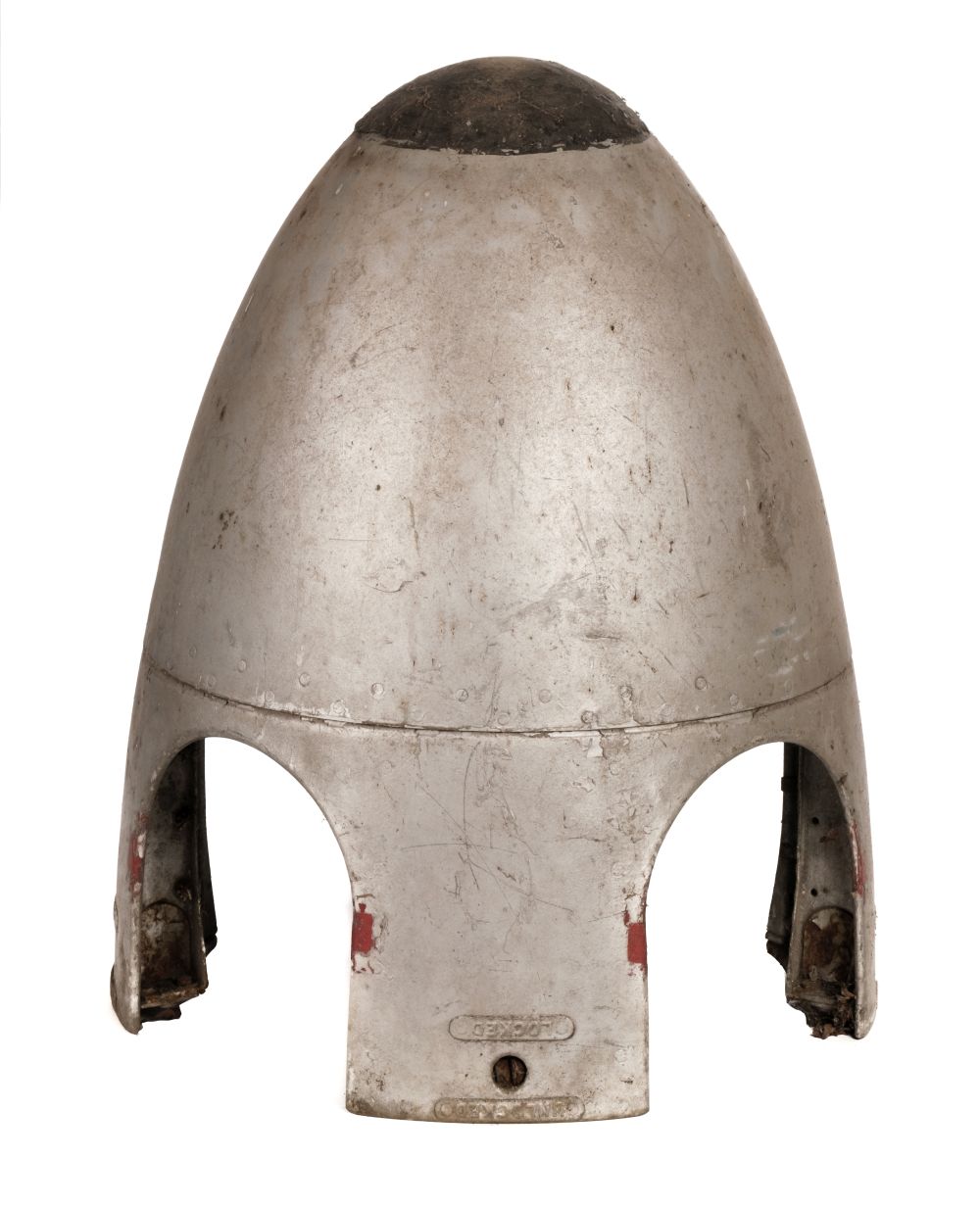
Testen Sie LotSearch und seine Premium-Features 7 Tage - ohne Kosten!
Lassen Sie sich automatisch über neue Objekte in kommenden Auktionen benachrichtigen.
Suchauftrag anlegen